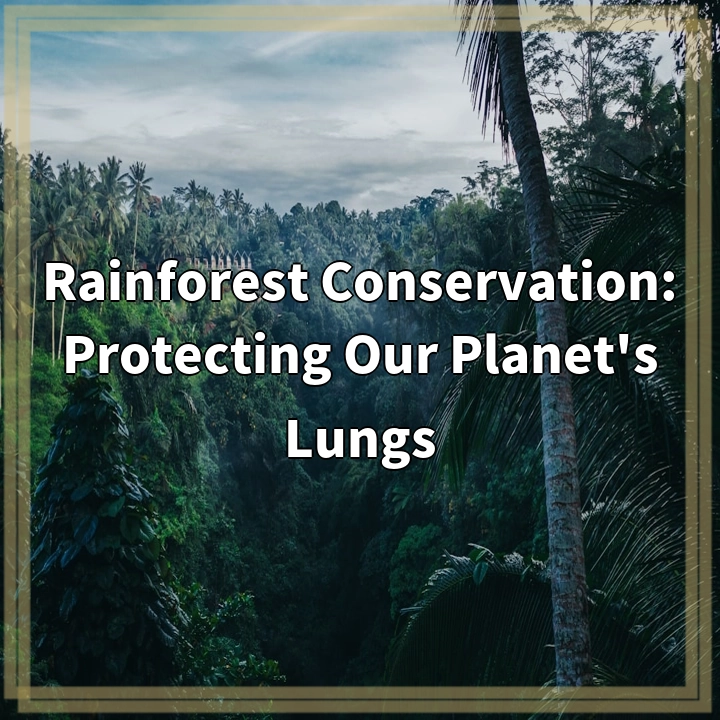
What it is:
Green educational programs are initiatives designed to teach individuals, particularly students, about environmental sustainability, conservation, and the principles of green living. These programs aim to foster a deep understanding of ecological concepts and the importance of protecting our planet. They may be implemented in various educational settings, including schools, community centers, and outdoor environmental education centers.
Typically, green educational programs incorporate hands-on learning experiences that engage participants in activities like gardening, recycling, energy conservation, and wildlife protection. By integrating subjects such as science, social studies, and arts, these programs create an interdisciplinary approach to learning, encouraging critical thinking about environmental issues.
Key Components of Green Educational Programs
Green educational programs often include curricula that cover topics such as climate change, biodiversity, renewable energy, and sustainable agriculture. They also seek to inspire students to take personal responsibility for their actions and understand the broader implications of their choices on the environment.
Real-World Problems
Despite the progressive nature of green educational programs, several real-world problems hinder their effectiveness and expansion:
Funding and Resources
Many green educational programs struggle with inadequate funding and resources. Schools often prioritize basic educational needs over specialized programs, leading to limited availability and access for students. Without sufficient financial backing, it becomes challenging to implement comprehensive and engaging curricula.
Curriculum Integration
Integrating sustainability topics into existing curricula can be a significant challenge. Educators may lack the training or confidence to teach these subjects effectively. Furthermore, standardized testing and rigid educational structures can limit the flexibility needed to incorporate environmental education into the school day.
Awareness and Engagement
Many communities may not fully understand the importance of green educational programs or how they contribute to addressing environmental issues. This lack of awareness can result in low participation rates and insufficient community support. Engaging parents, local businesses, and organizations is essential for creating a robust network that supports these initiatives.
Scalability
While there are successful green educational programs, scaling these initiatives to reach a broader audience remains a challenge. Programs that work well in one locality may not translate effectively to another due to differing community needs, resources, and environmental contexts. Finding solutions that can be adapted and replicated in various settings is vital for widespread impact.

Solutions to Enhance Green Educational Programs
To effectively address the challenges faced by green educational programs, several strategic solutions can be implemented. These solutions aim to secure funding, integrate environmental education into existing curricula, raise awareness, and enhance scalability.
Securing Funding and Resources
One of the most critical steps is to seek diverse funding sources, including grants, partnerships with local businesses, and community fundraising events. By creating a strong business case for green education, program developers can attract support from various stakeholders who understand the long-term benefits of promoting environmental awareness among students.
Integrating Environmental Education into Curricula
Professional development for educators is essential to equip them with the knowledge and confidence needed to teach sustainability topics effectively. Workshops and training programs can provide educators with the tools to incorporate environmental education into their lessons, ultimately fostering a more holistic view of academic subjects.
Raising Awareness and Community Engagement
Building community awareness is vital for the success of green educational programs. This can be achieved through outreach initiatives, workshops, and community events that highlight the importance of environmental education. Engaging parents, local organizations, and businesses can create a support network that enhances program involvement and sustainability.
Enhancing Scalability and Adaptability
To ensure that green educational programs can be scaled effectively, it is important to develop adaptable curricula that can be customized to meet the unique needs of different communities. Establishing a framework for program sharing, where successful initiatives can be replicated in various settings with appropriate modifications, will also enhance their reach and impact.















